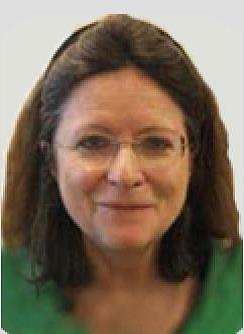The keynote speakers and (near-final) programme for the CODATA 2019 Beijing Conference, ‘Towards Next-Generation Data-Driven Science 2019 Programme’ have been announced. The conference will take place at the Friendship Hotel, Beijing, 19-20 September.The keynote presentations will explore advances in Big Earth Data; the role of data science to support the UN landmark agreements (on the Climate Crisis, Sustainable Development Goals and Disaster Risk Reduction; the role of UNESCO in advancing Open Science; and, the importance of data and the concept of ‘urban health’ for resilient cities.Please visit the Conference Home: http://codata2019.csp.escience.cn/dct/page/1Registration is still open: http://codata2019.csp.escience.cn/dct/page/70017Full Programme: https://conference.codata.org/CODATA_2019/programme/Keynote Speakers
Name: Professor GUO Huadong
Title: Director-General of the Institute of Remote Sensing and Digital Earth (RADI), Chinese Academy of Sciences (CAS)
Title of the talk: CASEarth: A Big Earth Data Engineering Program
Read moreName: Professor Virginia Murray
Title: Consultant in Global Disaster Risk Reduction, Public Health England
Title of the talk: Data Science and the UN Landmark Agreements
Read moreName: Dr Peggy Efua Oti-Boaten
Title: Director of the UNESCO Division of Science Policy and Capacity BuildingTitle of the talk: Open Science, the role of UNESCO
Read more
Name: Dr. Franz W. Gatzweiler
Title: Professor at the Institute of Urban Environment, Chinese Academy of SciencesTitle of the talk: Urban metabolism and a systems approach to improve collective intelligence and cities’ resilience
Read moreTowards next-generation data-driven science: policies, practices and platforms
Science globally is being transformed by new digital technologies. At the same time addressing the major global challenges of the age requires the analysis of vast quantities of heterogeneous data from multiple sources. In response, many countries, regions and scientific domains have developed Research Infrastructures to assist with the management, stewardship and analysis. These developments have been stimulated by Open Science policies and practices, both those developed by funders and those that have emerged from communities. The FAIR principles and supporting practices seek to accelerate this process and unlock the potential of analysis at scale with machines. This conference provides a significant opportunity to survey and examine these developments from a global perspective.We look forward to seeing you in Beijing!



